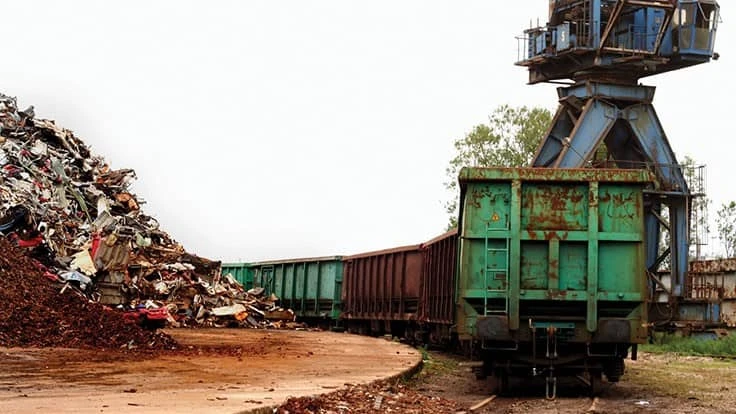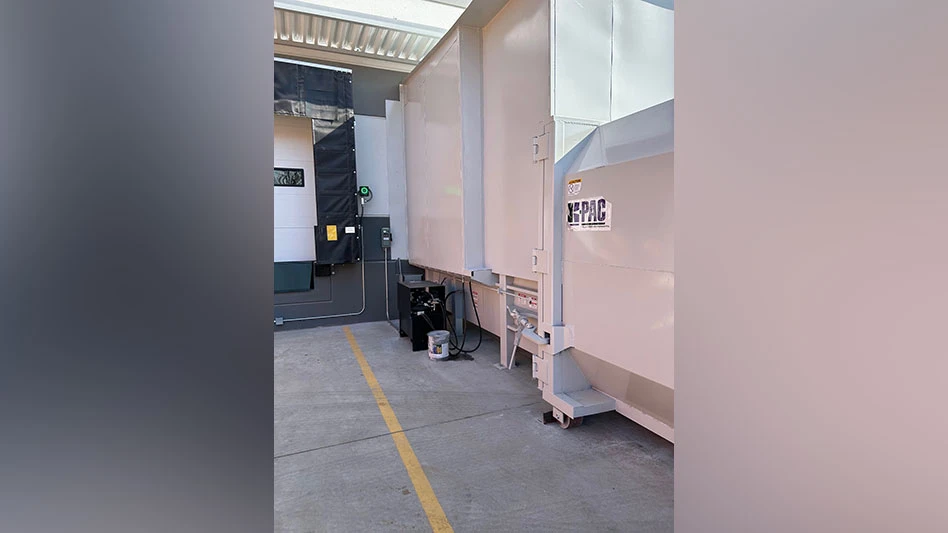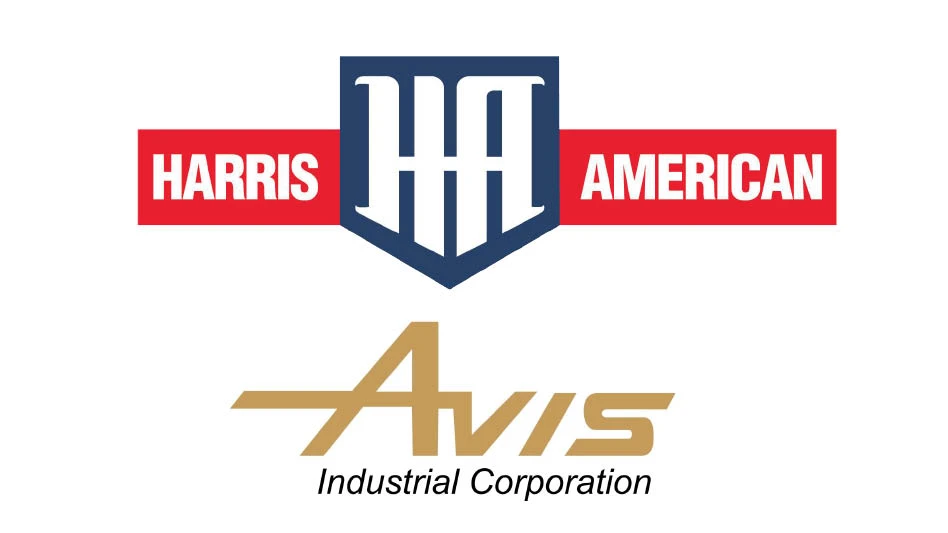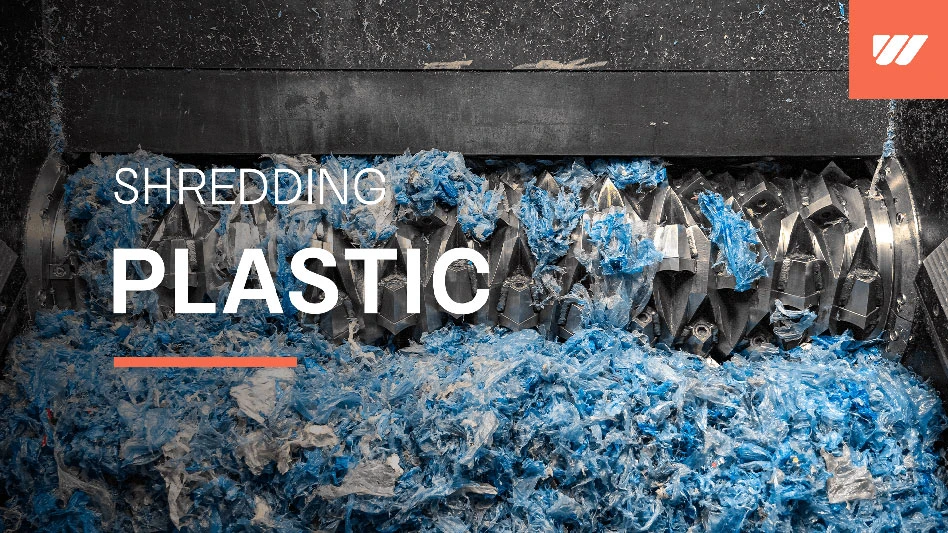
Photo provided by iStock.
The Washington-based Institute of Scrap Recycling Industries (ISRI) says the federal Surface Transportation Board (STB) has adopted a Final Rule Establishing Minimum Information Requirements for Class I Demurrage Invoices that has long been sought by the recycling industry.
“This Supplemental Rule from the STB includes information necessary for accurate and effective communication between shippers and our rail carrier partners,” says ISRI President Robin Wiener. “Rail invoices will now include accurate and accessible information so both rail carriers and rail shippers are on the same page. The STB’s rule recognizes that the communication of correct information can help prevent many misunderstandings between rail shippers and carriers.”
According to ISRI, it has spent “years of advocating on behalf of the recycling industry in a hard-fought battle over excessive demurrage charges and inconsistent rail service.”
The RailcarTracking.com website describes demurrage in the rail sector as a term and fee applied when a railcar “sits in the railroad yard after the railroad tried to deliver the railcar to the customer” or when “a rail-controlled railcar is held after the railroad delivers it to the customer at a spot on the customer’s [site] (actual placement) to when the customer notifies the railroad that the railcar is available to be picked up (released).”
ISRI says during the last two years it met and filed formal comments with the STB describing what type of information was needed from the railroads with any demurrage invoices. ISRI says it strongly advocated for specific data that would allow recyclers to better anticipate the arrival of the requested railcars and to challenge any demurrage charges imposed by a railroad.
More specifically, says ISRI, it argued for machine-readable access of invoices that included unique identifying information such as the railcar number, the date the waybill was created, the status of the car and the dates and times of the actual placement of each railcar.
“During our meetings we found the STB members to be very interested in the opinions and suggestions of ISRI and our members, and as a result they opened up a supplemental rule-making to address our complaints, which resulted in the final rule issued this week,” says Wiener. “We are very grateful for the attention each STB member took in listening to and addressing our complaints.”
Full text of the STB rule can be found on this Federal Register web page.
Latest from Recycling Today
- Eureka Recycling starts up newly upgraded MRF
- Reconomy Close the Gap campaign highlights need for circularity
- Nickel carbonate added to Aqua Metals’ portfolio
- EuRIC, FEAD say End-Of-Life Vehicle Regulation presents opportunity for recyclers
- Recyclers likely to feel effects of US-China trade war
- BCMRC 2025 session preview: Navigating battery recycling legislation and regulations
- Yanmar Compact Equipment North America appoints new president
- LYB publishes 2024 sustainability report





